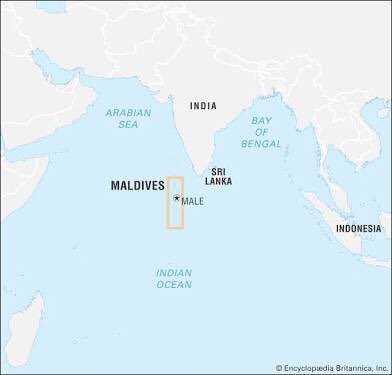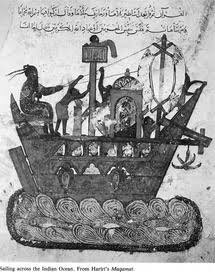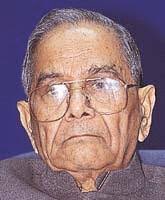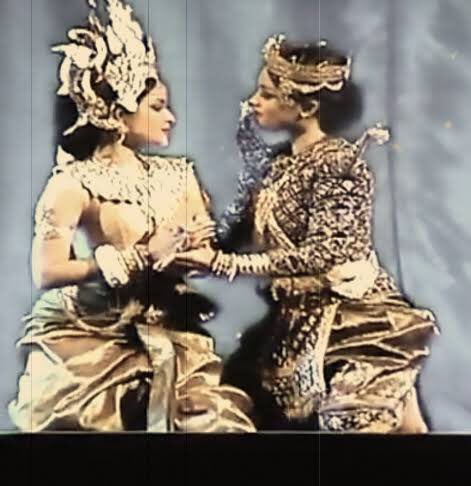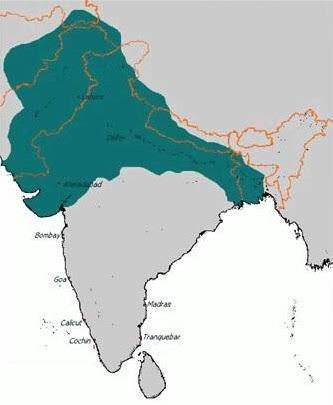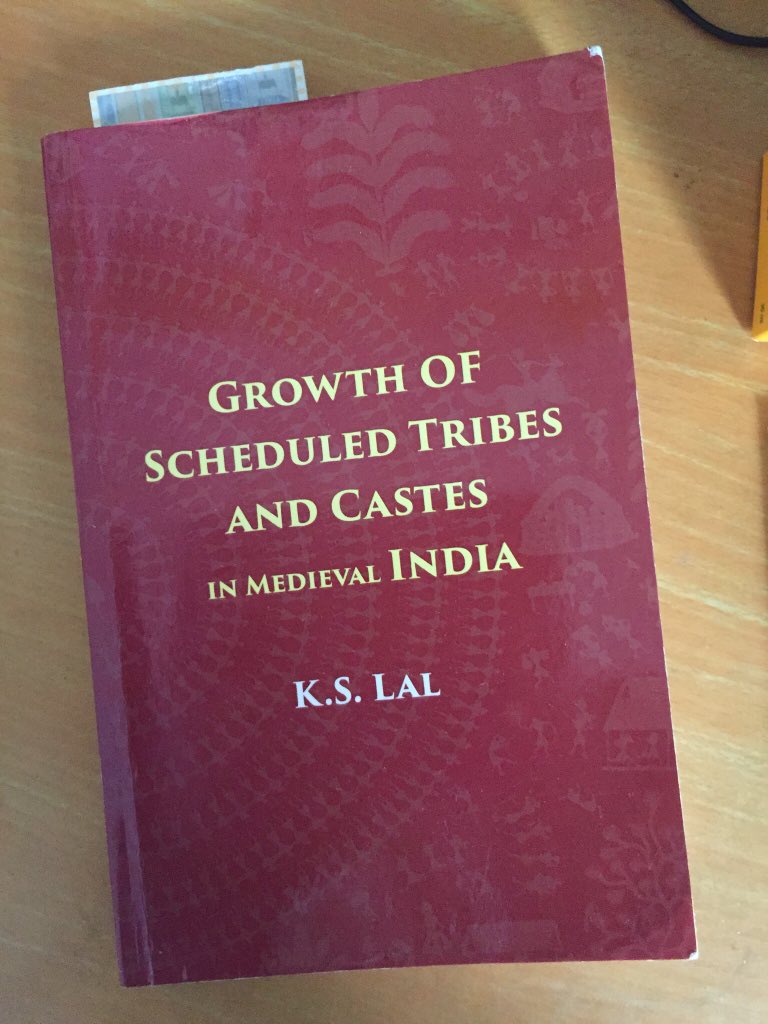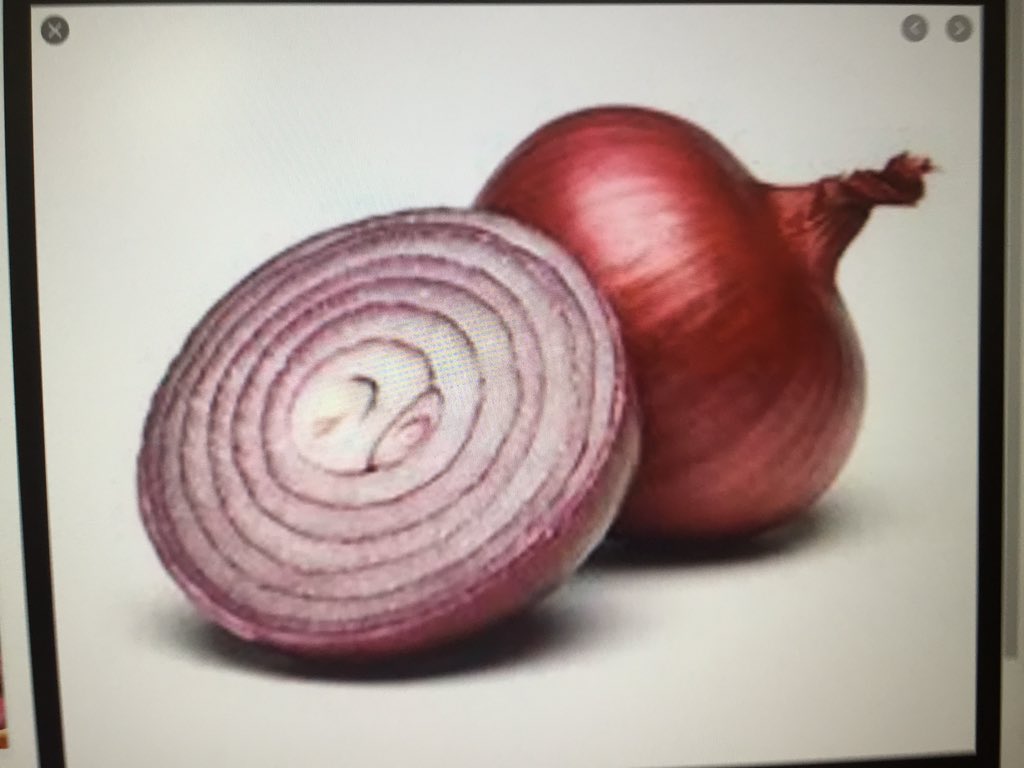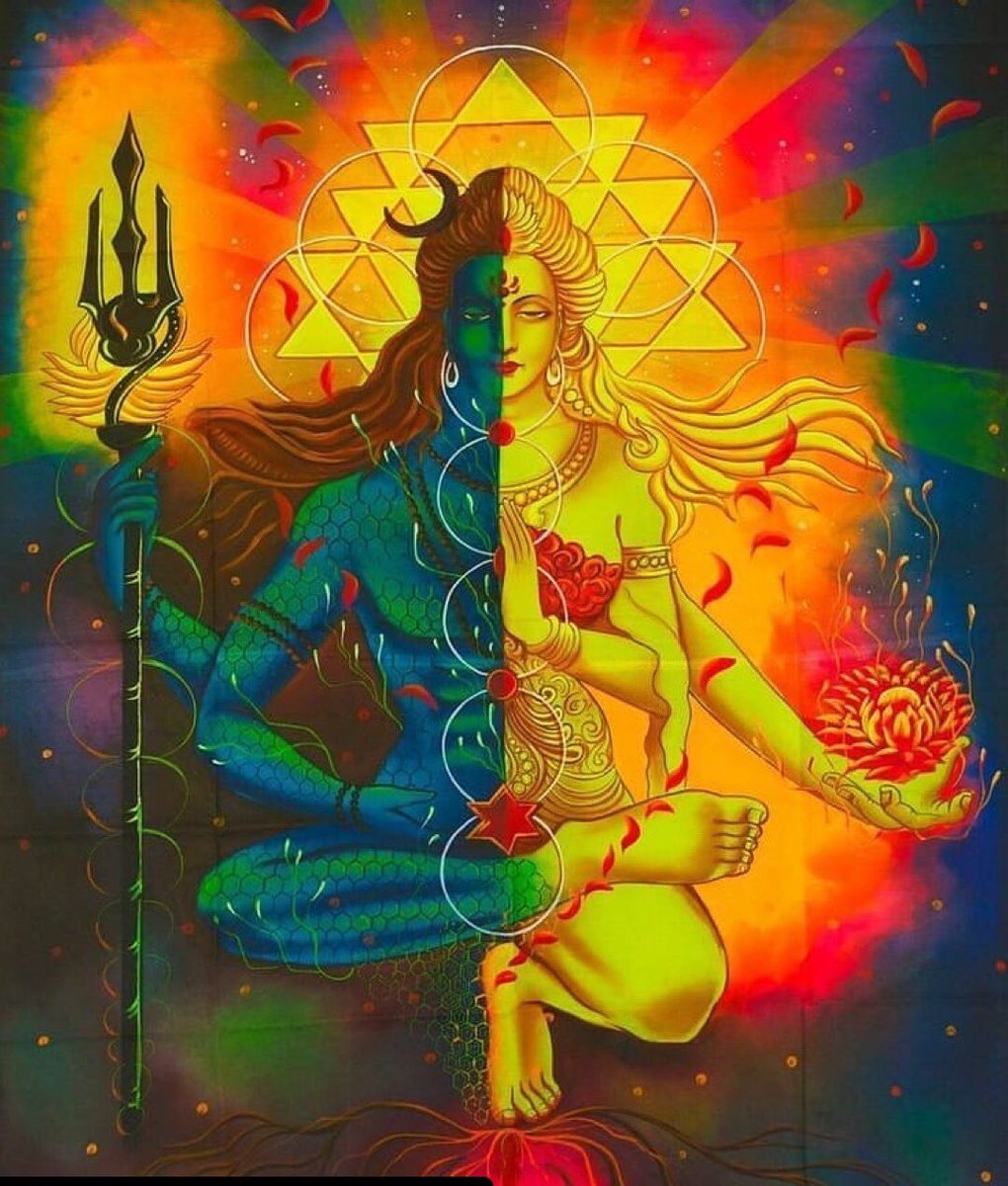
Rig Veda 1.32.11
दा॒सप॑त्नी॒रहि॑गोपा अतिष्ठ॒न्निरु॑द्धा॒ आपः॑ प॒णिने॑व॒ गावः॑ ।
अ॒पां बिल॒मपि॑हितं॒ यदासी॑द्वृ॒त्रं ज॑घ॒न्वाँ अप॒ तद्व॑वार ॥
#vedas #SanatanDharma #hindu #Hinduism
दा॒सप॑त्नी॒रहि॑गोपा अतिष्ठ॒न्निरु॑द्धा॒ आपः॑ प॒णिने॑व॒ गावः॑ ।
अ॒पां बिल॒मपि॑हितं॒ यदासी॑द्वृ॒त्रं ज॑घ॒न्वाँ अप॒ तद्व॑वार ॥
#vedas #SanatanDharma #hindu #Hinduism
Word-Meaning: -
हे सभापते ! (पाणिनेव) गाय आदि पशुओं के पालने और (गावः) गौओं को यथायोग्य स्थानों में रोकनेवाले के समान (दासपत्नीः) अति बल देनेवाला मेघ जिनका पति के समान और (अहिगोपाः) रक्षा करनेवाला है वे (निरुद्धाः) रोके हुए (आपः) (अतिष्ठन्) स्थित होते हैं उन (अपाम्) जलों का (यत्)
हे सभापते ! (पाणिनेव) गाय आदि पशुओं के पालने और (गावः) गौओं को यथायोग्य स्थानों में रोकनेवाले के समान (दासपत्नीः) अति बल देनेवाला मेघ जिनका पति के समान और (अहिगोपाः) रक्षा करनेवाला है वे (निरुद्धाः) रोके हुए (आपः) (अतिष्ठन्) स्थित होते हैं उन (अपाम्) जलों का (यत्)
जो (बिलम्) गर्त्त अर्थात् एक गढ़े के समान स्थान (अपहितम्) ढ़ापसा रक्खा (आसीत्)* उस (वृत्रम्) मेघ को सूर्य (जघन्वान्) मारता है मारकर (तत्) उस जल की (अपववार) रुकावट तोड़ देता है वैसे आप शत्रुओं को दुष्टाचार से रोक के न्याय अर्थात् धर्ममार्ग को प्रकाशित रखिये ॥११॥
Purport : -
इस मंत्र में उपमा और वाचकलुप्तोपमालङ्कार हैं। जैसे गोपाल अपनी गौओं को अपने अनुकूल स्थान में रोक रखता और फिर उस स्थान का दरवाजा खोल के निकाल देता है और जैसे मेघ अपने मंडल में जलों का द्वार रोक के उन जलों को वश में रखता है वैसे सूर्य्य उस मेघ को ताड़ना देता..
इस मंत्र में उपमा और वाचकलुप्तोपमालङ्कार हैं। जैसे गोपाल अपनी गौओं को अपने अनुकूल स्थान में रोक रखता और फिर उस स्थान का दरवाजा खोल के निकाल देता है और जैसे मेघ अपने मंडल में जलों का द्वार रोक के उन जलों को वश में रखता है वैसे सूर्य्य उस मेघ को ताड़ना देता..
.. और उस जल की रुकावट को तोड़ के अच्छे प्रकार उसे बरसाता है वैसे ही राजपुरुषों को चाहिये कि शत्रुओं को रोकेकर प्रजा का यथायोग्य पालन किया करें ॥११॥
Source : Rig Veda
Translation and commentary by Maharshi Dayanand Saraswati ji
Translation and commentary by Maharshi Dayanand Saraswati ji
@Itishree001 @vedicboy @Stop_dat_bs @nitayuvani @raj_010101 @AartiAuthor @Mahadevangini @limitlessarya @Sachai_ki_bhakt @the_regenerator @dakowmap @KarmaMaya20 @SRaEarth09 @Divya_Adishakti @core_dharma @BahuRaani @VedicWisdom1 👆
• • •
Missing some Tweet in this thread? You can try to
force a refresh


